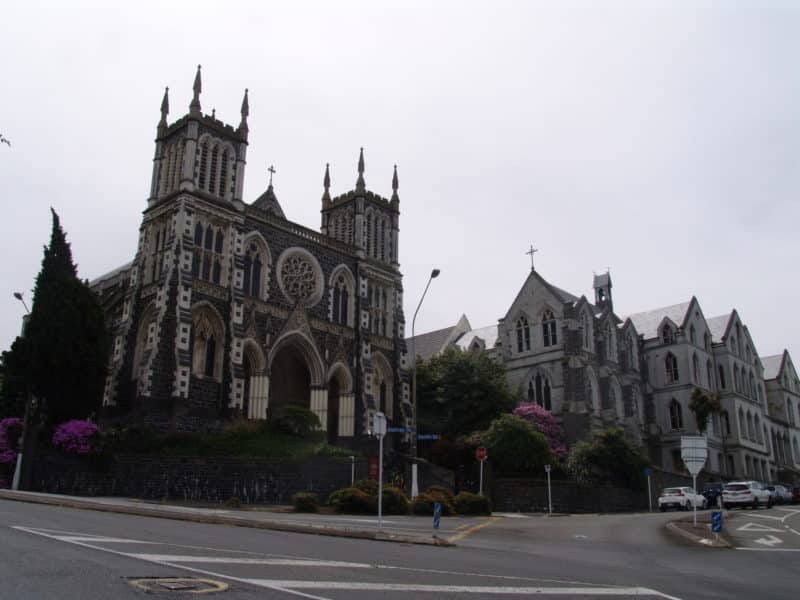Parishioners throughout Dunedin diocese have spent recent weeks in coming to terms with an unpleasant financial reality – how best to provide for a means of coping with damage to parish assets.
It was in late January that parishioners throughout the diocese were alerted to the problem confronting finance committees as the time for renewal of insurance policies fast approached.
A video presentation was put together by the vicar-general, Fr Gerard Aynsley, and the newly appointed diocesan operations manager, Paul Olsen, setting out the rationale for a new approach to the vexed question of risk protection.
In the presentation, Fr Aynsley outlined a proposal for parishes not to continue to renew existing insurances for parish assets such as churches and presbyteries in the face of impending insurance premium increases. Instead, parishes would seek to build a “self-insurance” trust fund that would provide some level of protection in the event of a mishap. Of course, parishes would still have to insure their parish schools, as required by the Government.
Mr Olsen then outlined details of the fund which would see the parishes opting in to pay the money they would have spent on insurance into a trust fund established by the diocese. The aim would be to build the fund over a 5-year period to a $1 million pool of money. In order to preserve the fund, contributions would be increased by the rate of inflation each year. For audit purposes, the money held in the trust would be in the name of each parish.
The need to rethink how to provide some protection in case of a significant event arose with the prediction that current insurance premiums are to rise about 27 per cent in 2024, and by a similar amount again in 2025. Already several parishes had been considering ceasing their insurance cover because of the present drain on parish funds.
Charts in the video presentation showed what various diocesan parishes had paid for insurance in 2022, and the predicted premiums for 2024, and invariably it indicated a significant increase in premiums by this year.
For example the Cathedral and Hill Suburbs Pastoral Area (which includes the Cathedral, Kaikorai parish and Mornington parish) paid $14,727 in 2022, which increased to $22,065 in 2023, and is predicted to be $ 28,022 this year. Predictions for most parishes in the diocese also mirrored a doubling of premiums.
Another angle in support of the proposal was provided by graphing the payment of annual diocesan premium totals year-on-year from 2015 to the present and comparing this to claims. The average over the years was a total of $150,000 in premiums, with very minor claims most years. There was only one year when the claim exceeded the premium cost and that was when an arson took place at an Invercargill presbytery and resulted in a significant claim in 2017. In fact, that would still be the case if a 30-year period was selected.
It was also indicated that, while it was obvious that individual people would be wise to have insurance cover on their properties to mitigate risk, the situation was not the same for the diocese as it was a collective and not an individual. So being a collective entity provided it with some degree of flexibility, and hence the idea of the trust fund.
Such a move still brings risk. For instance, St Joseph Cathedral alone in 2023/24 had insurance cover for material damage including fire insurance for just over $18 million, and even then that would not provide for a like-for-like replacement in case of a major damage event. The cathedral and the three basilicas in the diocese ( South Dunedin, Oamaru and Invercargill) are the most expensive buildings to insure.
Individual parishes had to consider the proposal and respond by February 20 so that the Diocesan Finance Committee knew what it was to do and could advise their insurance providers. Many of the 29 parishes have indicated a positive response, with a couple at late February still considering their view.
In the case of the Cathedral and Mornington Parish Finance committees, they have both decided to favour paying contributions into the trust fund. In order to lessen the risk as much as possible, limited works will take place on the properties to inspect electrics and install simple fire and security systems, where possible.

Reader Interactions